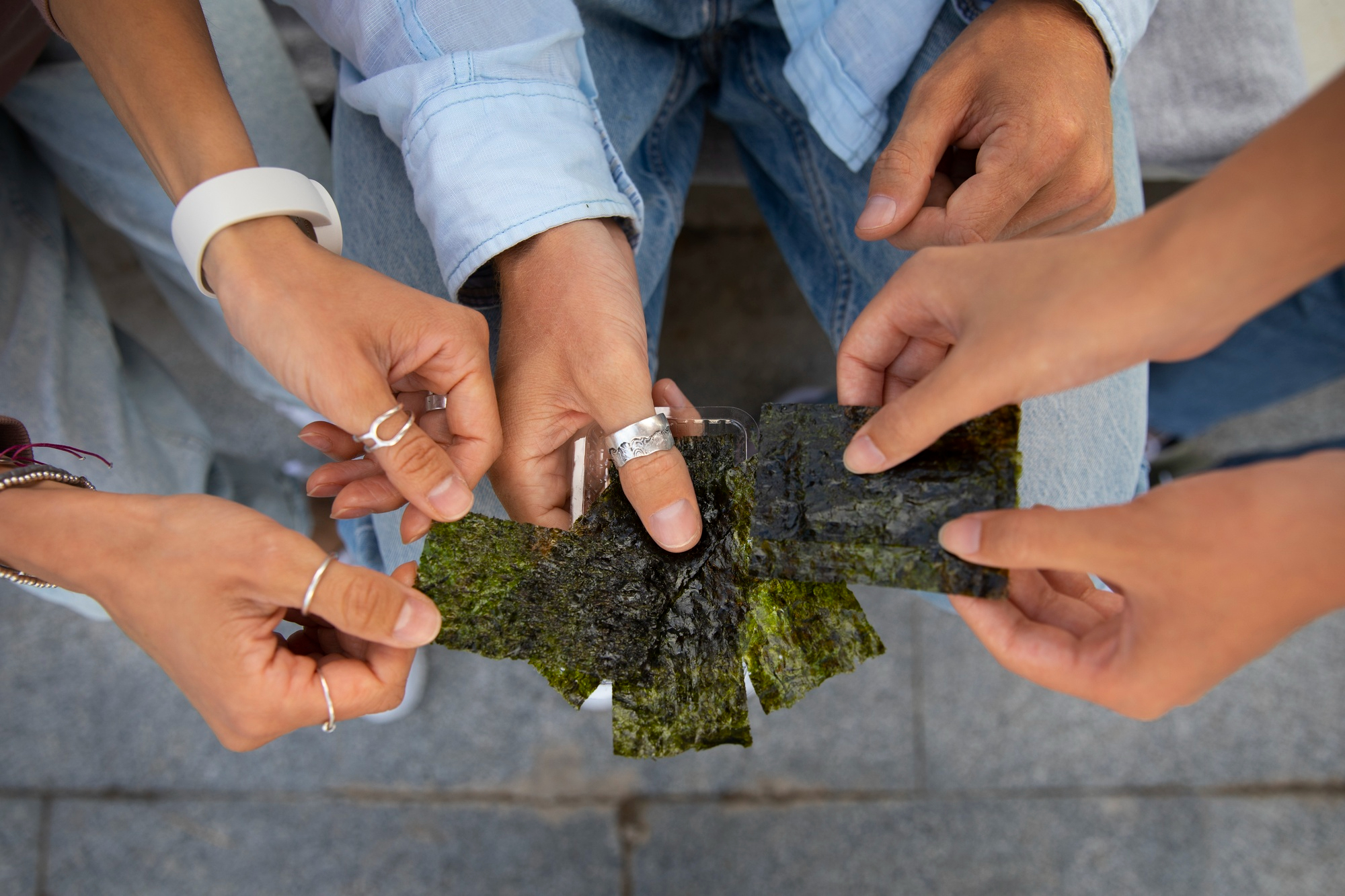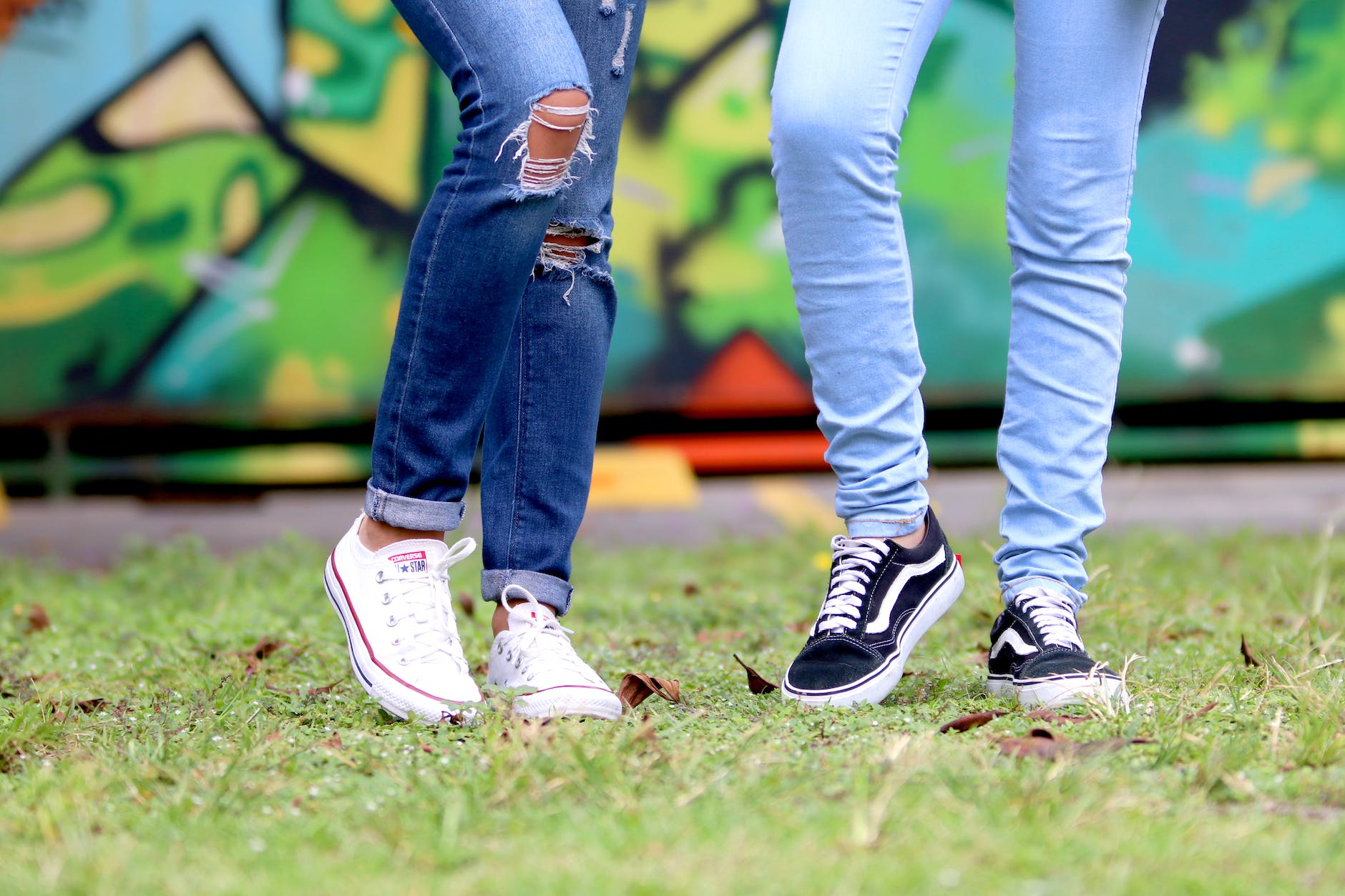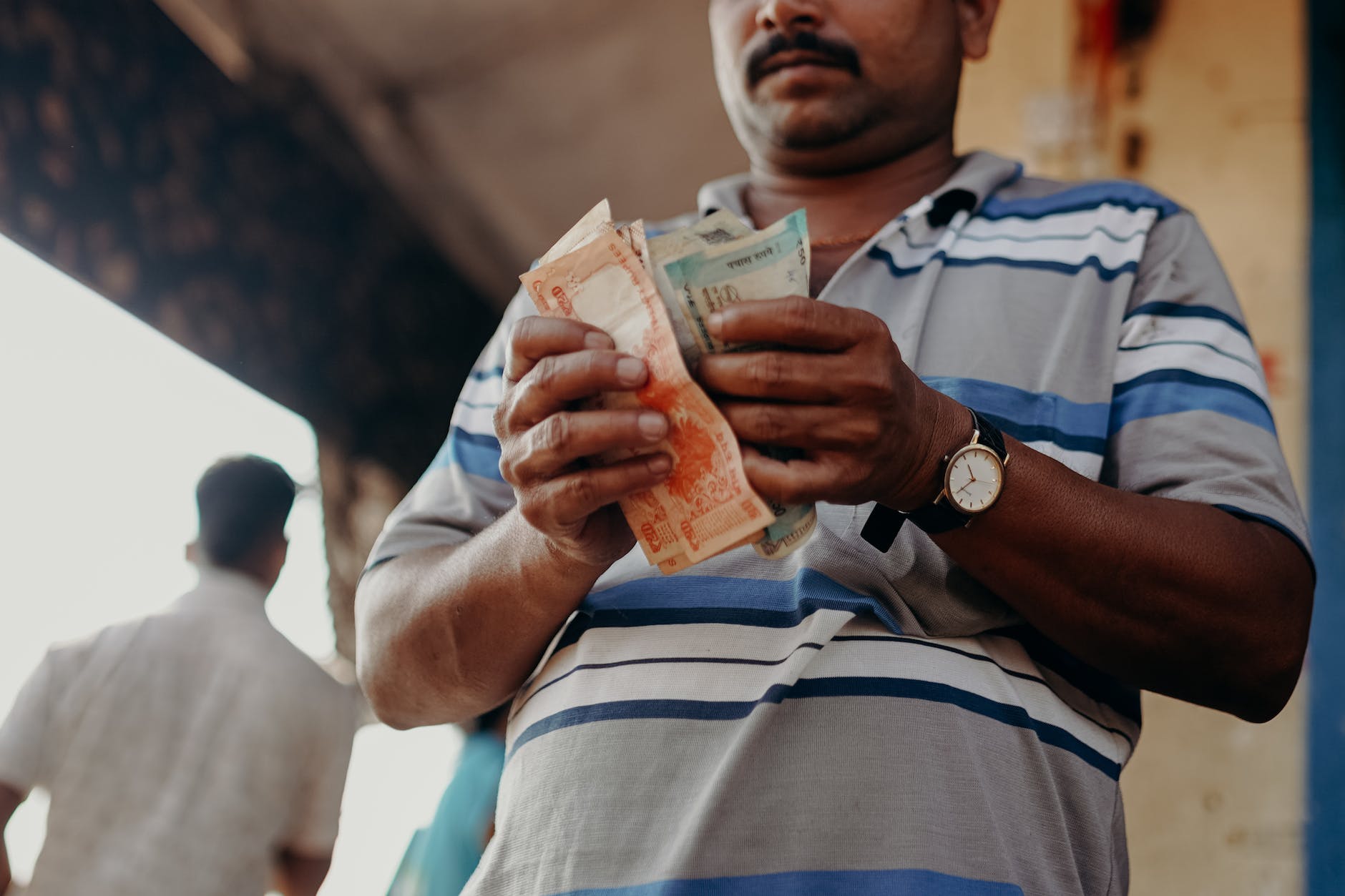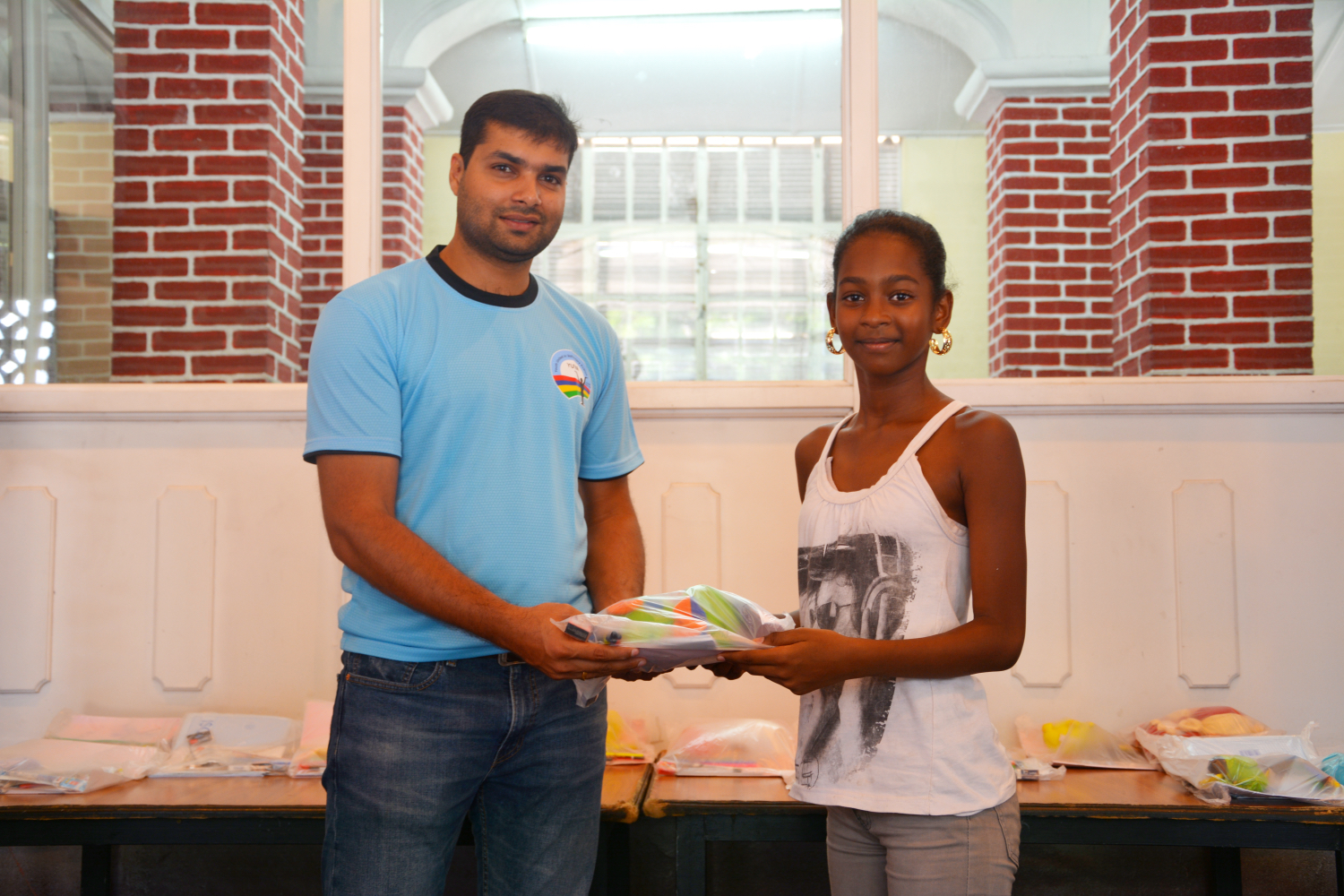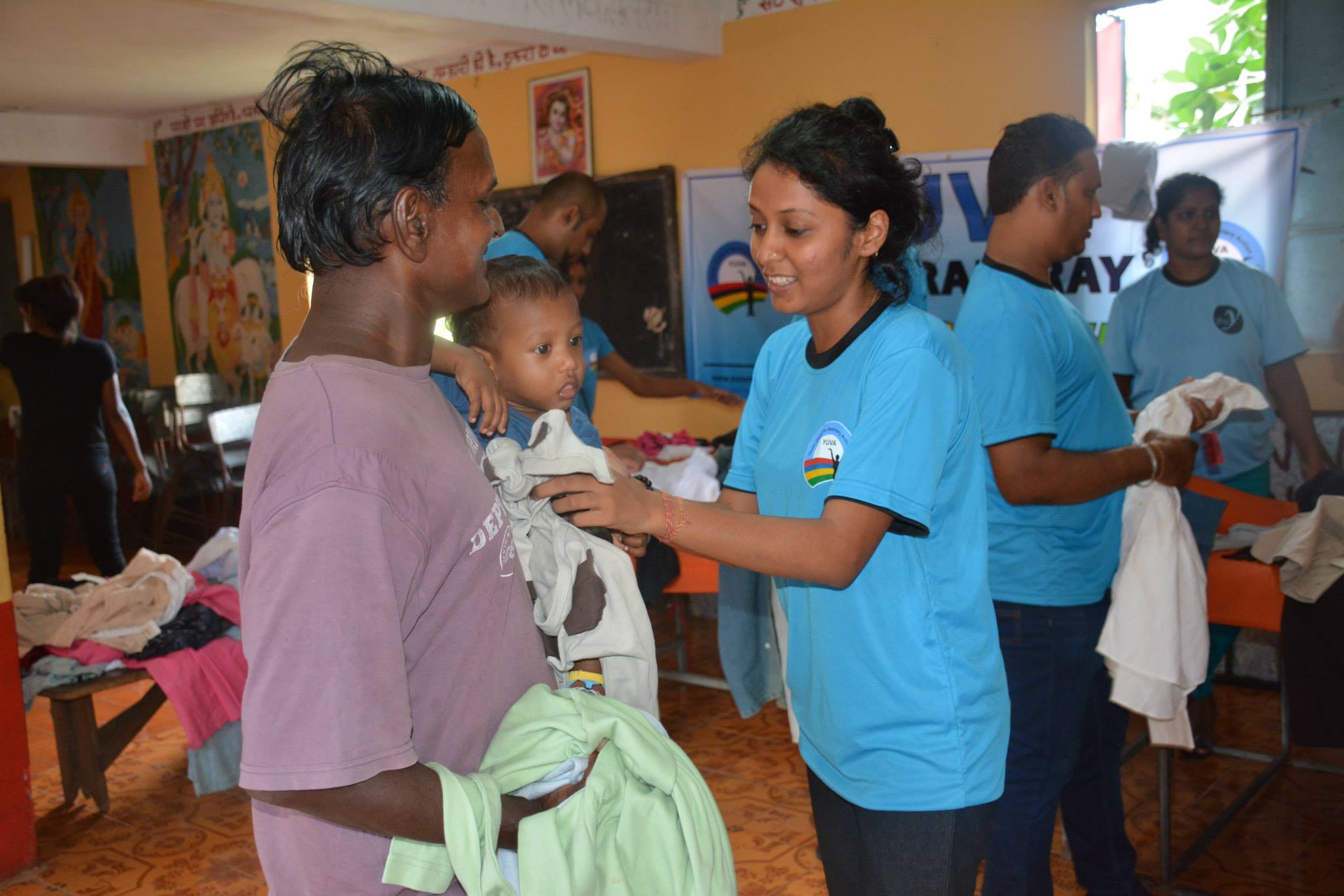Le 25 septembre, YUVA organise un atelier pour trouver des solutions pour améliorer la qualité de vie de nos animaux.
C’est fini l’époque où les animaux n’étaient appréciés en fonction de leur utilité. Désormais, ils éveillent en nous de vraies émotions et nous sommes nombreux à les considérer comme faisant partie de la famille. Qu’est-ce qui suscite en nous cet amour pour ces petits êtres sans défense? C’est peut-être le fait que nos animaux domestiques nous donnent un amour inconditionnel et peut importe qui est son maitre, son animal l’idolâtra. Si l’humain peut devenir l’ange gardien d’un animal il est également son ennemi. Regardez donc autour de vous, si un enfant dit adorer les chiens, certains adorent taquiner les chats en tirant leurs oreilles ou en écrasant leurs queues. Combien de fois avons-nous arraché les ailes des mouches sans états d’âme? Selon Freud, « l’enfant est un pervers polymorphe qui fait feu de tout bois pour satisfaire ses pulsions ». Cependant, en grandissant, ils changent et traitent bien les animaux car ils trouvent en eux des amis. Malheureusement, si Maurice est connu comme l’ile paradisiaque, il ne l’est pas pour la race canine.
Question 1
Doberman, American Staffordshire et autres molosses sont considérés comme étant dangereux. Cependant, malgré l’interdiction d’importer ces chiens de races, on voit que les Mauriciens sont nombreux à vendre ces chiens sur les réseaux sociaux. Nous savons qu’entre 2012 à 2014 nous avons eu plus de 5 cas d’attaques contre l’homme. Le ‘Dangerous Dogs Bill’ avait prévu d’interdire l’importation d’une vingtaine de races, parmi le Rottweiller. Ce projet de loi parviendra-t-il à mettre fin aux attaques de molosses?
Qu’est-ce que les autorités concernées font pour renforcer les lois contre l’importation de ces molosses ?
Question 2
Nous constations que les Mauriciens sont nombreux à vendre toutes sortes de chiens sur Facebook. Parmi nous repérons les griffons, les Rottweilers, les Bergers Allemands et les Doberman. Or la majorité de ces personnes n’ont pas de permis et ne nourrissent ces animaux dans de mauvaises conditions. Le frais d’enregistrement pour 1-5 chiens est à Rs 10 000, 6-10 chiens à Rs 25 000 et plus de 10 à Rs 100 000. Les éleveurs sont nombreux à ne pas avoir un permis et en conséquent les autorités n’arrivent pas à faire un suivi sur les conditions de vie des chiens.
Ne croyez-vous pas que si les autorités concernées baissaient le cout de ce frais d’enregistrement, plus de personnes auraient respecté la loi en ayant leur permis d’éleveurs comme la loi le recommande?
Question 3 et 4
La MSAW enfreignent toutes les lois sur le respect des animaux, sans exception. Des chiens errants, capturés aux quatre coins de l’île, sont poussés hors de fourgonnettes à coups de jets d’eau glacée dès leur arrivée à la fourrière. Ils sont ensuite entassés en meutes dans des niches insalubres, où ils attendront durant trois jours la mort. Pire encore, la mise à mort des chiens est réalisée avec une extrême brutalité. Le gouvernement avait aboli l’euthanasie, et promu une nouvelle politique pour l’éradication des chiens errants en ligne avec les pratiques internationales. Malheureusement, après les dernières élections, le ministre du Tourisme et le ministre de l’Environnement ont décidé de rétablir l’euthanasie, et ont lancé une vaste campagne d’éradication.
Est-ce que l’euthanasie est une solution pour éradiquer le problème des chiens errants? Que fait le gouvernement pour cesser ces pratiques barbares envers les animaux ?
Question 5
La majorité de nos chiens errants ont un maitre qui les a abandonnés. Les statistiques disent qu’il y a une population de 57 000 chiens errants et que parmi 20 % ont des maitres qui les laissent se promener librement dans les rues. Certains maitres les abandonnent carrément sur le parking d’un super marché ou dans un endroit retiré.
Pour mettre fin à ce problème, le gouvernement ne devrait-il pas mettre une loi pour obliger les propriétaires des chiens à déclarer leurs animaux de compagnie?
Question 6 et 7
En 2014, le Ministère de l’Agro Industry avait fait un projet pilote « Mauritius Humane Dog Population Management ». Dans ce projet, les autorités concernées voulaient collaborer avec les différentes ONG pour faire une grande campagne de stérilisation à travers l’ile. Ce projet incluait de recruter plusieurs vétérinaires afin de les former pour aller dans plusieurs districts pour stériliser les animaux.
Combien de nouveaux vétérinaires a-t-on recruté dans le secteur public?
Ce projet parlait également de trouver un car automobile équipéé de tous les matériels adéquats pour bouger dans la localité des propriétaires étant donné que certaines personnes ne peuvent pas se déplacer dans les différents centres pour stériliser leurs chiens?
Est-ce que projet a été mis en place? Combien de chiens a-t-on stérilisé jusqu’à présent?
Question 8
Nous savons que PAWS recueille les animaux pour lui trouver un foyer. Est-ce que la MSAW en fait de même ou tue-t-elle tous les chiens capturés?
Nous savons que sur les réseaux sociaux, une bonne poignée de personnes sont en train de chercher des familles pour les chiens errants spécialement les chiots.
Est-ce que les autorités ne devraient-ils pas encourager ces personnes en les fournissant l’aide nécessaire incluant de la nourriture ou des vaccins gratuits en attendant que ces personnes trouvent un foyer pour les animaux?
Question 9
Malgré la campagne intensive Save Our Monkeys lancée par la British Union Against Vivisection (BUAV) à Maurice, la vente de singes aux laboratoires étrangers pour les besoins de la recherche médicale ne ralentit pas. En 2014, de janvier à juin 4 918 macaques ont été exportés. Entre janvier et juin 2010, 3 088 primates ont été exportés pour une somme totale de Rs 367,5 millions, soit une moyenne d’environ Rs 120 000 par animal. L’exportation de singes pour des recherches médicales se font notamment en France, Italie, Allemagne, Canada, Mexique, Singapour, Espagne, le Royaume-Uni et Etats-Unis. Ils sont attrapés par la queue ou les pattes et balancés dans une cage ; d’autres sont tatoués sans anesthésie ou se font enfoncer des aiguilles dans les paupières… Ce serait là le traitement infligé à des macaques dans une ferme mauricienne.
Que compte faire les autorités pour donner un meilleur traitement aux singes?
Question 10
Il faudrait savoir que Maurice n’a pas seulement un problème de chiens errants mais également de chats errants qui finissent souvent sous les roues des voitures. Un couple de chats non stérilisés peut engendrer une descendance de plus de 20 000 chats en quatre ans? À PAWS les chats sont nombreux à attendre qu’une famille les adopte. Ce qui est difficile car arrivé à l’âge adulte, les chats ont des difficultés à s’habituer à un étranger.
Nous parlons de stérilisation des chiens, qu’est-ce que les ONG et le gouvernement fait en ce qui concerne les problèmes de chats errants?


